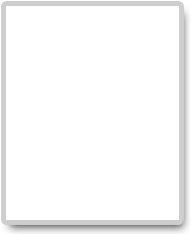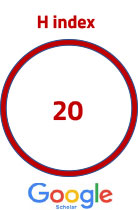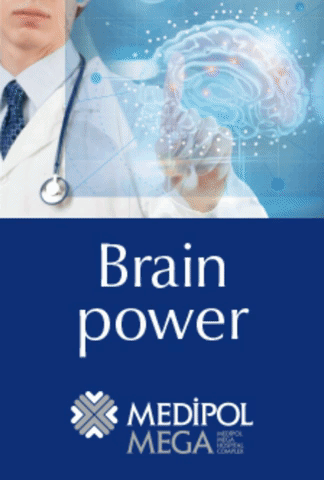| Acceptance rate | 46% |
|---|---|
| Time to first decision | 6 months* |
| Time to decision with review | 50 days* |
*Approximate number of days
**The days mentioned above are averages and do not indicate exact durations. The process may vary for each article.
ACTA Pharmaceutica Sciencia
2024 , Vol 62 , Num 3
Formulation development and in vivo study of nanoemulgel of Channa striata and Citrus limon extract for caesarean wound treatment
1 Sebelas Maret University, School of Mathematics and Natural Science, Department of Pharmacy, Surakarta, IndonesiaDOI : 10.23893/1307-2080.APS6240 Viewed : 3006 - Downloaded : 622 Empirically, snakehead fish with its high albumin content has been widely used in the healing of post-caesarean wounds. Lemon can also be used to prevent wound infections by inhibiting the growth of bacterial activities. This study was conducted to discover the best nanoemulgel formula from the combination of snakehead fish and lemon extract, then evaluate its healing activity for postcaesarean wounds. Nanoemulgel was characterized by pH, viscosity, spreadability, adhesion, particle size, and zeta potential to determine the best formula. Healing activity evaluation was performed on female Wistar rats which were divided into seven groups (n=3). Healing parameters evaluated were wound length closure, epidermal thickening, and tissue reconstruction. Wound length was measured every 5 days for 15 days. Subsequently, histopathological observations H&E staining were used to determine epidermal thickening and wound tissue reconstruction. The results showed that nanoemulgel I (NEG1) containing 7% snakehead fish extract, and 3% lemon extract had the best wound healing ability, with an average wound closure of 84±2.1% on day 10, epidermal thickening of 2.31 ± 0.06 ?m on day 15, and better tissue structure reconstruction than other groups. Thus, the nanoemulgel design can optimize the snakehead fish and lemon extract in accelerating the healing process of post- caesarean wounds. Keywords : Channa striata, Citrus limon, nanoemulgel, reepithelialization, wound healing





